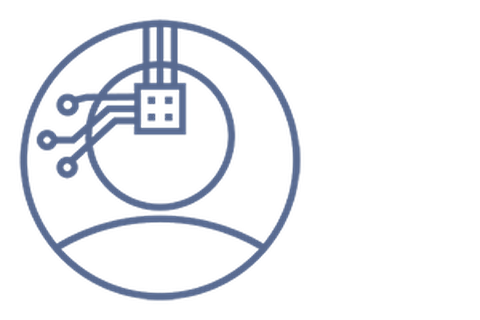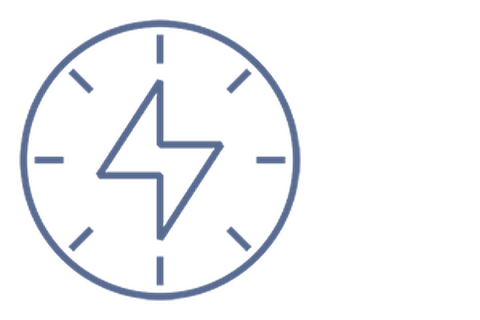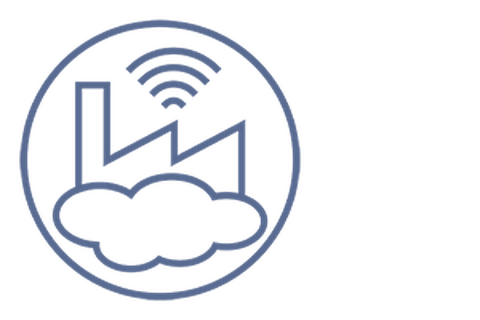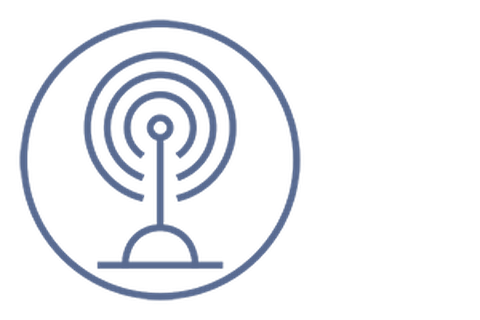Grand Challenges
Grand Challenges are interdisciplinary, application-oriented fields of research with high disruptive potential. The focus is on people and their needs. Together with researchers from the Faculty of Computer Science, scientists from the Department of Engineering are looking for innovative solutions to make life easier and better in the future.
Digital Health
The aim of the interdisciplinary research area "Digital Health" is to make general healthcare more effective and more individualized. To this end, scientists from various engineering fields are working on the development of more intelligent devices and networked systems.
Smart Human
Digitalization is penetrating more and more areas of our lives every day, connecting us and shaping our everyday lives. How do we cope with the new devices, how do we use them optimally? In the Smart Human research field, significant research is being carried out into the design of future human-machine interaction.
Future Energy Systems
With a growing population and dwindling resources on our planet, a more intelligent and optimized energy supply is becoming one of mankind's main tasks. This should be as efficient and reliable as possible and at the same time take into account or minimize the impact on the surroundings and the environment. This requires, among other things, the integration of new technologies into existing infrastructures.
Industry 4.0
The tendency in the area of production
is developing towards automation and
robotic coworking. Important require-
ments here are more flexible producti-
on with the possibility of implementing
customer-specific adaptations.
Safe Future Mobility
In order to make traffic safer and avoid
accidents, it is very important for auto-
nomous vehicles to be able to collect,
analyse and safely process all informa-
tion from their surroundings. Extensi-
ve communication networks are needed
to provide a platform for data exchange
between means of transport and signal-
ling systems.
Digital Education
Our future is children and young people.
They need to be prepared today for to-
morrow’s digital world. For a future-re-
levant digital competence, new training
and further education concepts for tea-
chers, modern equipment as well as mo-
dern curricula are needed. The faculty
supports this process through practi-
cal activities, networking and research
projects.






